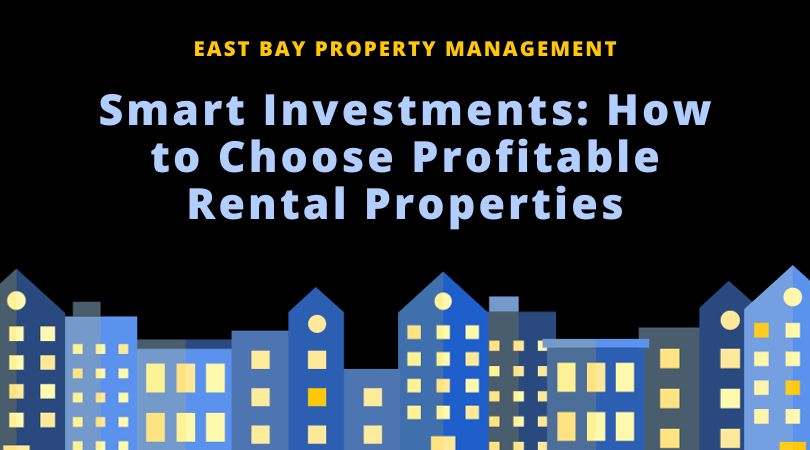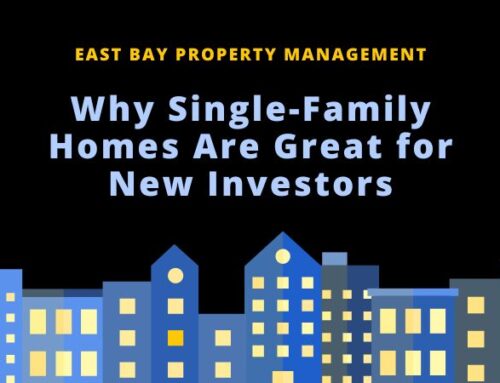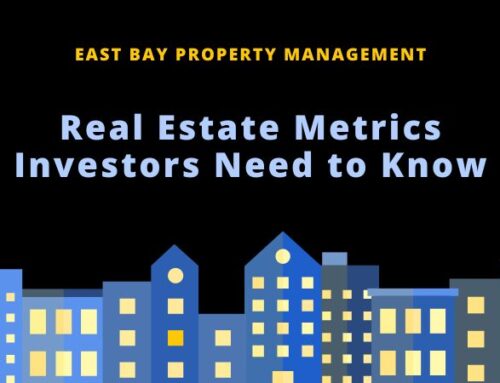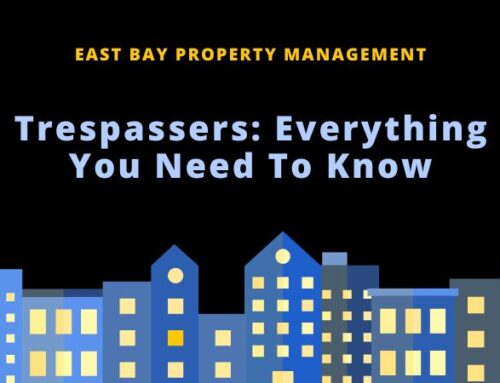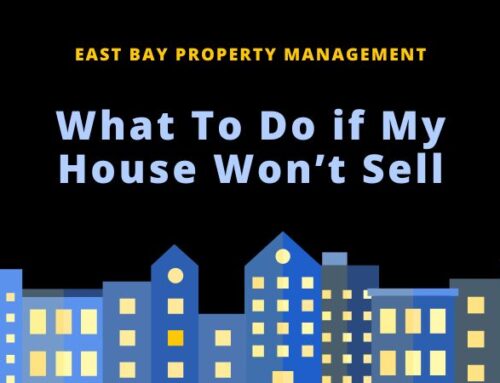One of the best ways to grow one’s income and earn solid returns is to invest in rental properties. However, if you are entertaining this option, it’s very important to consider all the variables and make the right choice for your rental business.
First-time investors may feel overwhelmed by the range of real estate options available on the market. It may be hard to know how to pick the right property, especially when real estate investments often require a considerable down payment. That’s why it’s crucial to know how to finance a property, do your research, and document the pros and cons of any rental property.
In this article, we’ll go over the kind of research landlords should be conducting before making an investment or financing, and how to choose a profitable rental property.
Factors to Consider before Investing in a Rental Property
1. Right Neighborhood
It’s crucial to pick the right location or neighborhood to invest in. Wherever your rental property is located will influence the renters you can attract. If you choose to buy property in an affluent area, you may have to focus on providing a luxurious rental space. If you plan to purchase a unit in a college town, then your approach to property design and marketing should reflect that.
Landlords should also ensure that the neighborhood they choose does allow for rental properties, as they may have to pay extra fees or ask for approval otherwise.
2. Property Taxes
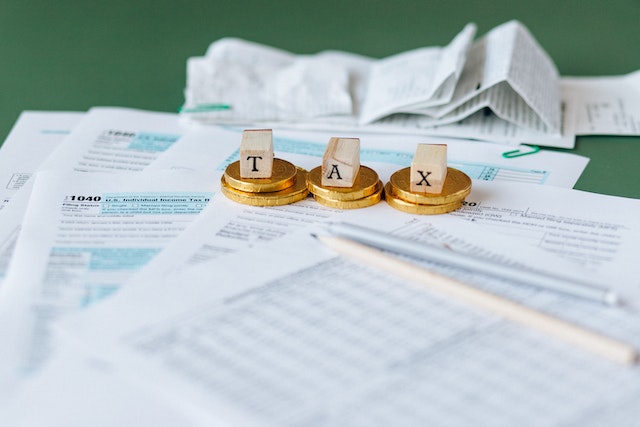
Before choosing an investment property, review the amount of property tax landlords are required to pay in the area and make sure that it’s commensurate with the value of the location. In affluent neighborhoods, higher taxes are expected since rental demand is high, but the same cannot be said of all areas.
Check with the municipality’s office and residents in the community. Are the property taxes congruent with the property’s value? Are they generally stable or constantly increasing? Landlords need to take this into consideration.
3. Proximity to Schools
Proximity to well-rated schools often make a rental property more profitable, as it’s a factor a number of tenants look for when deciding where to live or what property to rent.
Additionally, if a landlord ever wants to sell their investment property, its proximity to good schools can create more value and allow the landlord to set a higher selling price.
4. Crime Rates
To make a rental property habitable, it should offer a sense of safety. Research the crime rates in the area and look into the kind of types of crimes that are committed. The ideal area will have low crime rates involving only small or petty crimes; it should also have a downward trend of criminal activity.
5. Job Market
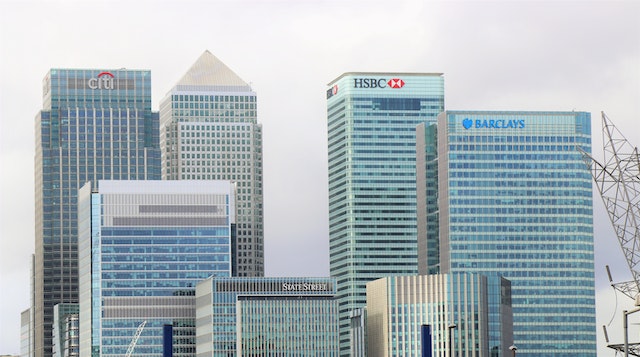
Since renters may want to live near their workplace, investing in a rental property in or near an area with a healthy job market may be highly beneficial. Research the job availability of an area before investing in real estate.
If a large or well-established company plans to move its headquarters or build a new shop in a specific area, its rental demand would rise, which would be profitable for landlords with investment properties in the area.
6. Available Amenities
What a neighborhood offers plays a role in a tenants’ decision to live in it. That’s why landlords should research the amenities available in or close to the property they’re planning to invest in. Are there any parks, restaurants, or shops nearby? Is it near a transportation hub? Is it close to an entertainment or business district? These are features you can sell to future renters and buyers.
7. Planned Infrastructure
Landlords should visit the municipal office to find out the future development plans of an area. The more improvements, the higher the potential growth. However, landlords should keep an eye on competitors offering the same rental services. If there are too many rentals to choose from in an area, the rental prices may go down.
8. Average Rental Price

Another important factor landlords need to take into account is the average rental price in the area. A landlord’s rental price should be sufficient to pay off the property’s operation cost, mortgage loan, and applicable tax.
Since rental income will become a main source of investment returns, it’s crucial to conduct thorough research and set the right rental price.
9. Listings and Vacancies
Check how many properties are available and listed in the area. This can show you if the market is saturated and the rental demand is low, or if most of the rentals are marketed as short-term properties.
When there is a considerable number of vacant units in a neighborhood, rental prices are often adjusted lower, which can have an impact on your bottom line. A higher rental property demand is a great way to earn more, as you may be able to set a higher rental price.
10. Natural Disasters
Before investing in a rental property, verify if the area is susceptible to flooding, earthquakes, or any other natural disasters that can affect your returns. Properties in areas vulnerable to natural disasters may require additional insurance, which can affect a landlord’s overall earnings and returns, so it’s best to take that into consideration before deciding on a rental.
How to Choose an Investment Property

There are many kinds of investment properties in the market. First-time investors may start by purchasing a single-family home or a condo unit. A single-family home is attractive to long-term tenants, which can help landlords earn a reliable income each month. Meanwhile, condo units may require less maintenance, as condo associations usually handle exterior repairs and updates.
Bottom Line
Investing in the right rental property requires a lot of research. To make a smart investment, landlords should review the factors cited above and remember that all properties come with their own unique benefits and drawbacks.
If you need help choosing or managing an investment property, consider partnering with East Bay Property Management! We can help reduce your workload, provide professional advice, and ensure your property is running efficiently and profitably. Contact us today!

